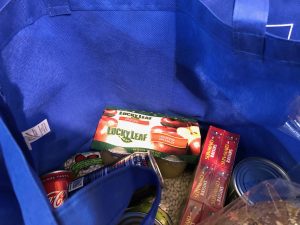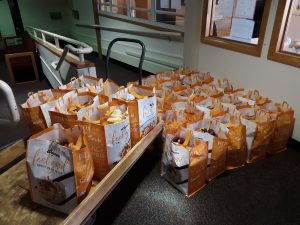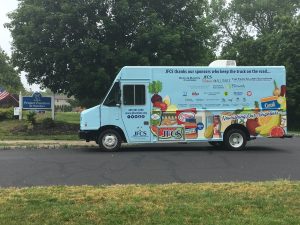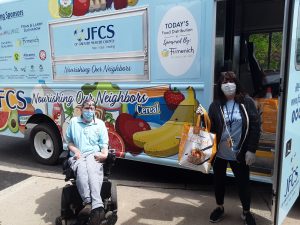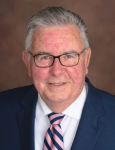
So, we are coming to the end of our summer this year, and what a year it has been. This Covid19 Virus has turned our world upside down; however it seems to be subsiding, at least, in the eastern part of the country for those of us in New Jersey and New York. Let’s hope that it continues. So here are some of the things we tried to do and get done this summer:
During this time of lockdown, Project Freedom has tried to continue with “Business as Usual” while setting up protocols to keep everyone safe. This meant, closing the offices of our sites, with only having limited staff hours, staff working on and off days, and only responding to emergency maintenance situations. Of course the grass still had to get cut, and sanitizing needed to be done, so those things continued. Unfortunately we did have to stop all our recreation events and other programs for tenants. These we hope to be able to operate again, once the governor provides guidance.
Over the summer, we did provide our tenants at Robbinsville, Lawrence and Hamilton with certain essentials and a purchase grocery card so that they could stretch their existing funds. We also provided masks to anyone who needed them and continue to do so. Our other sites, worked with outside social agencies who provided food bags and other essentials to our tenants at those sites as well, so that no one should be without some help.
The construction of our new Robbinsville “Town Center” location has been pretty much on schedule, with only minor disruptions, such as waiting for all our windows. We are still waiting on the final nine windows, but are able to work around those issues, so as to continue progress.
One issue should be mentioned for our present tenants. Those of you who have been laid off or have had your work hours cut and now are finding it hard to make your monthly rent, please call your office manager to let us know. You are still responsible for the rent; however, we will try to work with you to develop a strategy that can avoid eviction by establishing a payment plan. This way you can avoid all the hassle of eviction or debt collection.
Finally, one thing we should all realize is that we are in this together….this virus affects everyone, the rich and the poor, the disabled and non-disabled, the young and the old. Let’s take the time to check on our neighbors and relatives, ask how they are doing…do they need anything….how can we help? By doing that we can keep each other safe and hopefully, when things settle down and society opens up again, we will be able to come together once again.
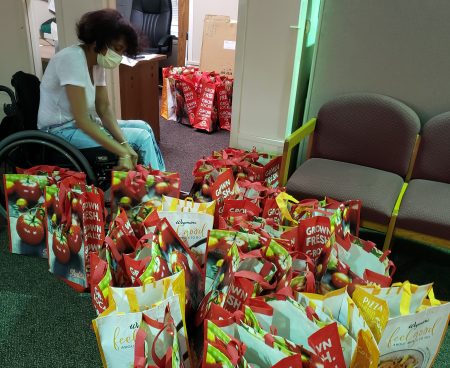

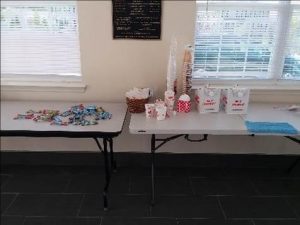

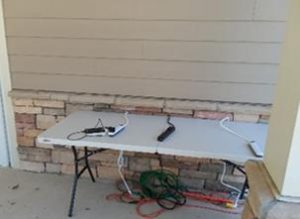
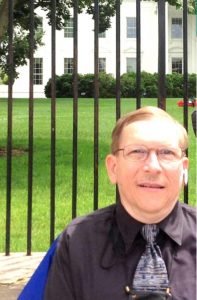
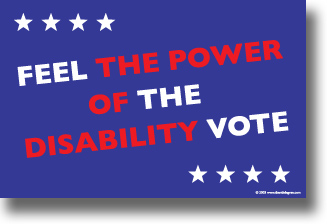
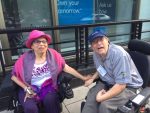 By Abigail Abrams,
By Abigail Abrams, 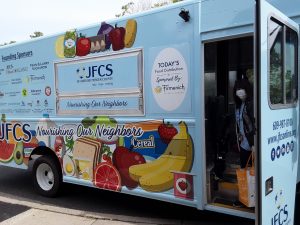
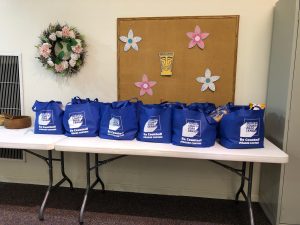
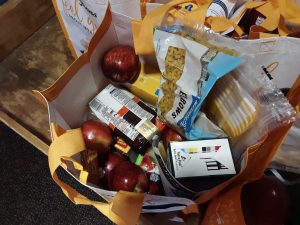
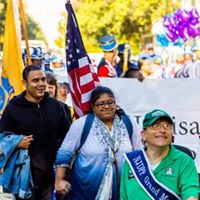 Our nation celebrates its Declaration of Independence from Great Britain on July 4th. We celebrate the idea that this nation wanted to be free from rules, regulations, and laws created without input from the Colonies. This year the celebration will be different for me.
Our nation celebrates its Declaration of Independence from Great Britain on July 4th. We celebrate the idea that this nation wanted to be free from rules, regulations, and laws created without input from the Colonies. This year the celebration will be different for me.